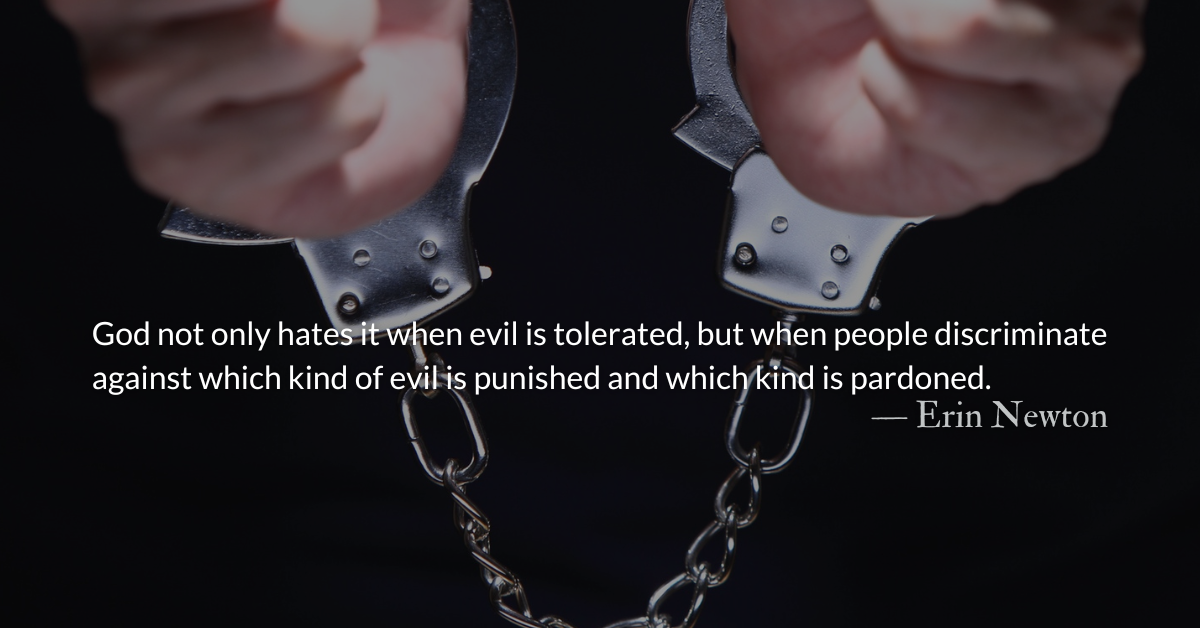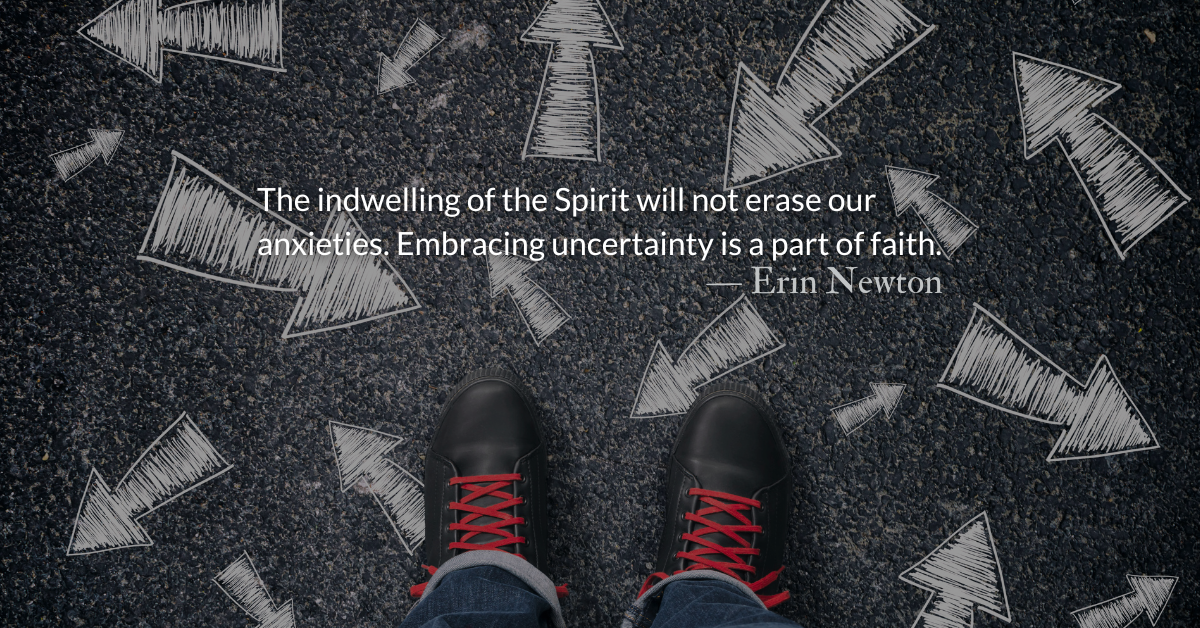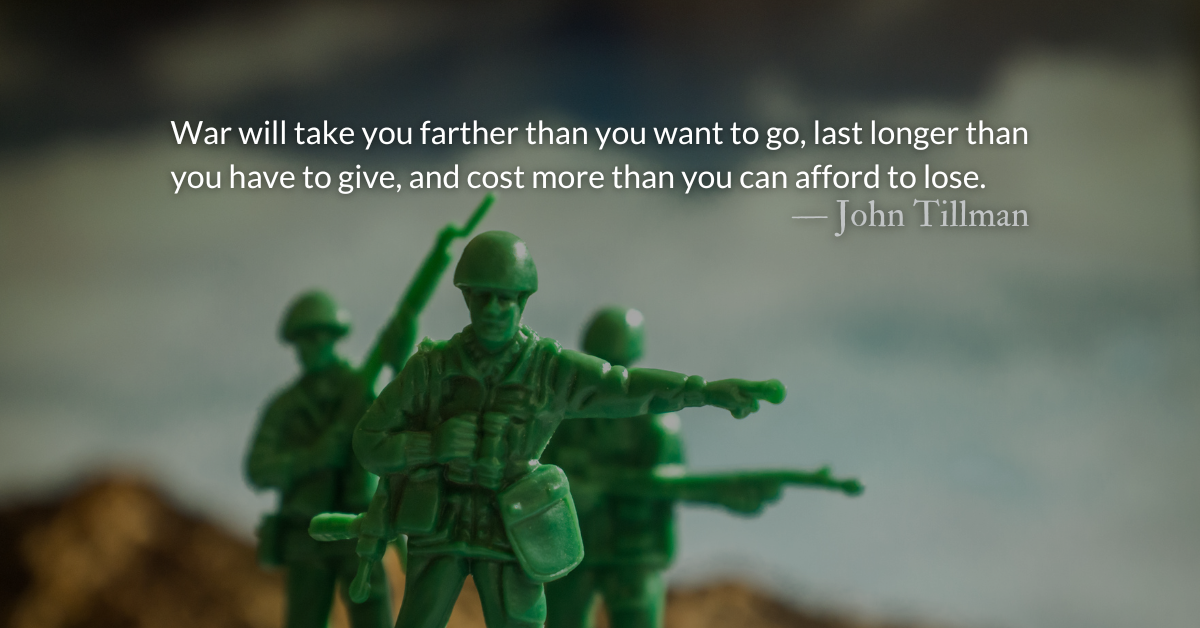Readers’ Choice is here: Over two-thirds of our devotionals get emailed responses from readers like you. Hearing that what we have written is meaningful to you is meaningful to us. That’s why we love sharing some of your comments and messages. Thank you, readers. We do what we do to serve you. There’s still time to tell us about your favorite, most meaningful posts of the year. If you shared it with someone, or it helped you, let us know via email, direct message, or by filling out the linked form.
Links for today’s readings:
Oct 22 Read: 2 Kings 3 Listen: (4:29) Read: Psalms 48 Listen: (1:28)
Readers’ Choice posts are selected by our readers:
Brian, DC — YES! We must choose truth over tribe at all costs. God’s word tells us this in many ways throughout the Bible…Thank you so much for sharing this great word!
This post was originally published on August 6, 2025, based on readings from Judges 20: 12-13, 35-36.
Scripture Focus: Judges 20: 12-13, 35-36
12 The tribes of Israel sent messengers throughout the tribe of Benjamin, saying, “What about this awful crime that was committed among you? 13 Now turn those wicked men of Gibeah over to us so that we may put them to death and purge the evil from Israel.”
But the Benjamites would not listen to their fellow Israelites.
35 The Lord defeated Benjamin before Israel, and on that day the Israelites struck down 25,100 Benjamites, all armed with swords. 36 Then the Benjamites saw that they were beaten.
Reflection: Tribe Over Truth — Readers’ Choice
By Erin Newton
I have stood in that precarious place, watching and waiting to see how people—people I trusted with my story—would respond. Would they believe me? What about the perpetrator’s friends? Whose side would they pick?
The burden of proof for a victim of abuse is almost unbearable. Not only has one endured abuse, but it often falls on the victim to convince others that a wrong has been committed. Sadly, some people choose friendships over accepting the grim reality that a person in their circle has harmed another human being.
When those who should purge such wickedness instead grant it safe harbor, they too become complicit.
After the heinous acts were committed against the woman in Judges 19, a glimmer of hope arises as Israel responds. Envoys were sent to Benjamin to make them aware of what happened “and give them the opportunity to acknowledge the crime, to distance themselves from Gibeah and to ensure that justice was done” (Mary Evans, Tyndale Old Testament Commentary: Judges and Ruth). Now was the community’s chance to stand for what was right, but they chose their tribe over the truth.
War ensued after Benjamin defiantly refused to support the victim. (Some see the Levite’s description of the event as an attempt to cover his own complicit nature and an attempt to make himself the victim of “lost/damaged property.” The woman was clearly the victim here and Israel was right to respond in outrage.)
Let us not forget: The Levite sent proof! Even in this scenario, it is not a question of evidence, but of morality. It is a battle between allegiance to other humans and the justice God demands.
Through Benjamin’s refusal to listen to the envoys and to react in a way that enacted justice, they were choosing either their own collective self-image or choosing to ignore faults for the sake of some past glory they had as a tribe. The motive in Judges 20 is not stated.
What is clear in this story is this: Evil should never be allowed a foothold within the community. This goes beyond abuse. Evil of all kinds cannot be tolerated; God hates unjust scales. This means that God not only hates it when evil is tolerated, but when people discriminate against which kind of evil is punished and which kind is pardoned.
We are called to be a voice for the voiceless. Don’t choose tribe over truth.
Read more: Facing Ugly Truths
When ugly truths that should shock us come to light today, how do we face them?
Read more: Allowing Injustice to Save Face
Jephthah’s vow was to his pride, not God. He saved face rather than his daughter.





